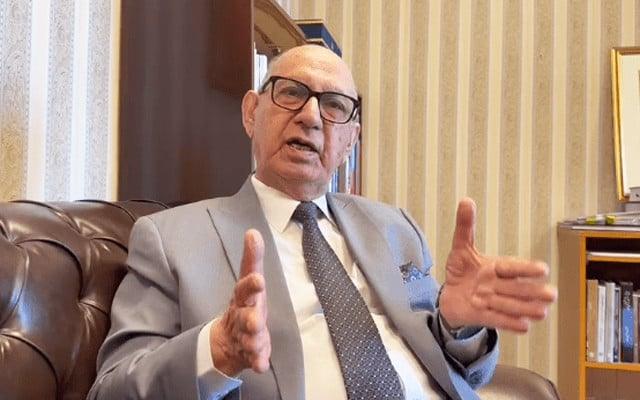The government has expressed disappointment over Pakistan Tehreek-e-Insaf’s (PTI) decision to call off ongoing talks and urged the former ruling party to reconsider its position as the deadline for key talks nears.
In a statement on Thursday, Irfan Siddiqui, a spokesman for the government’s negotiating committee, called the PTI’s move “unfortunate” and stressed that the January 28 deadline, which marks seven working days for the PTI’s demands, was still in play.
He further noted that the PTI had presented a set of demands to the government but had not taken time to consider the responses given.
This shift in the PTI’s position came after the party’s leader, Imran Khan, who remains in jail, expressed frustration over the government’s failure to establish a judicial commission within the seven-day period.
PTI Chairman Barrister Gohar Ali Khan stated that the lack of action on this demand, along with a perceived lack of follow-through on previous commitments, prompted Imran Khan to declare that the talks should end.
Speaking to the media outside parliament, Siddiqui reflected on the progress of negotiations that began in late December to ease political tensions. He noted that the talks, which have seen three rounds, have made limited progress on key issues.
PTI’s primary demands included the formation of two judicial commissions to investigate the 9 May 2023 riots and incidents related to PTI’s protests in Islamabad from 24 November to 27 November 2024.
The government, Siddiqui continued, had been working diligently on these demands. A sub-committee, formed by the government and supported by seven allied parties, had prepared a written response.
He, however, expressed confusion over PTI’s hasty retreat and questioned why the party chose to suspend the talks with just days left to the deadline.
Siddiqui also defended the government’s actions throughout the process, highlighting its restraint in response to Imran Khan’s civil disobedience calls and social media activity.
He urged the PTI to reconsider its decision and suggested that the party leadership, apart from Imran Khan’s influence, could still be open to constructive dialogue.



